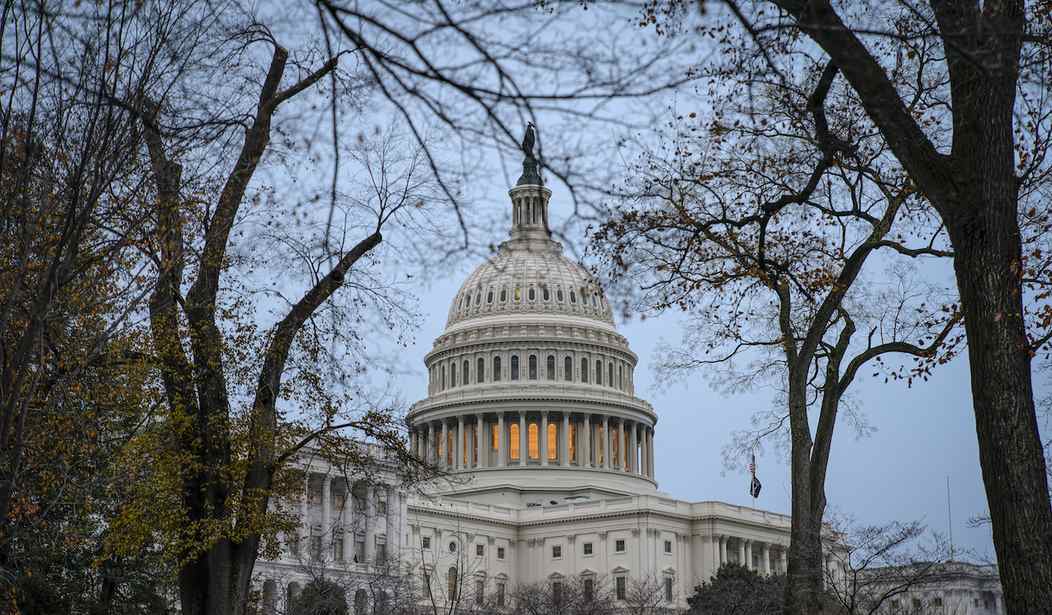It’s all too easy to dismiss claims that welfare benefits can discourage people from working. Politicians tell us that this is never really the case—that it’s just a made-up talking point designed to scare people.
But in the recently passed Coronavirus Aid, Relief, and Economic Security Act (CARES Act), changes in the Unemployment Insurance (UI) program literally make it so that many individuals will receive more from the government than they did from their previous jobs. Nobody disputes that many Americans deserve some help, especially during a pandemic. However, under this bill, unemployment benefits actually pay more than work does for millions of Americans. Yes, you read that right.
This hasn’t gone unnoticed, with CNBC recently highlighting that unemployed workers could get more than 100% of their paycheck under the CARES Act. How is this possible?
As of January, the average UI benefit was roughly $370 per week—which is a reasonable reflection of a program designed to partially replace wages while individuals are temporarily out of work. But the CARES Act fundamentally changes this. Benefit duration was extended by an extra 13 weeks to 39 weeks in total, new classes of workers were added, and benefit amounts were boosted by $600 per week. In other words, the duration of benefits was hiked by 50 percent while the average benefit amount skyrocketed by more than 150 percent.
In stark contrast, the 2009 stimulus package raised unemployment benefits by just $25 extra per week—a far cry from the staggering $600 per-week bonus contained in the CARES Act. Now, the average unemployed individual will earn more than $50,000 per year—more than triple the federal poverty level for a family of two.
Recommended
Other hidden provisions in Congress’s COVID-19 relief efforts have disregarded this new UI money from counting towards Medicaid eligibility. In the past, individuals making this kind of money would’ve qualified for incentives to buy private insurance. But now they’ll get Medicaid coverage despite having incomes well above normal qualifying levels. Our already overburdened hospitals and health care facilities will have to foot the bill, as Medicaid only pays hospitals roughly 60 percent of what private insurance does. And states struggling with massive revenue shortfalls will have no choice but to accommodate this massive welfare expansion—with either tax increases or cuts to critical programs for the most vulnerable.
Put simply, under the CARES Act, millions of unemployed workers will receive more money than they were being paid while on the job, plus state-sponsored health care. How quickly do you think they’ll get back to work when the jobs come back? How much time will this cost our economy trying to get back on its feet?
Republican senators raised this red flag before the bill passed, rightfully pointing out that it would “provide a strong incentive for employees to be laid off instead of going to work.” They warned that these incentives could result in job shortages in key areas of the economy crucial to the COVID-19 response effort.
They were right. These senators tried to pass a no-brainer amendment to the bill that would have limited unemployment benefits to 100 percent of a worker’s salary. That’s still generous but it’s nothing compared to the astonishing welfare expansion that actually passed.
What Congress did in the CARES Act amounts to the largest UI benefit increase in history. It makes the one-time $1,200 stimulus checks look like chump change. And while we must be sympathetic to the situations of those who have been laid off or furloughed during this difficult time, that should not be an excuse to impose bad public policy. In the next round of COVID-19 legislation, Congress has the opportunity—and responsibility—to fix this unprecedented expansion of welfare and get it right.
Hayden Dublois is a Research Analyst at the Foundation for Government Accountability.

























Join the conversation as a VIP Member